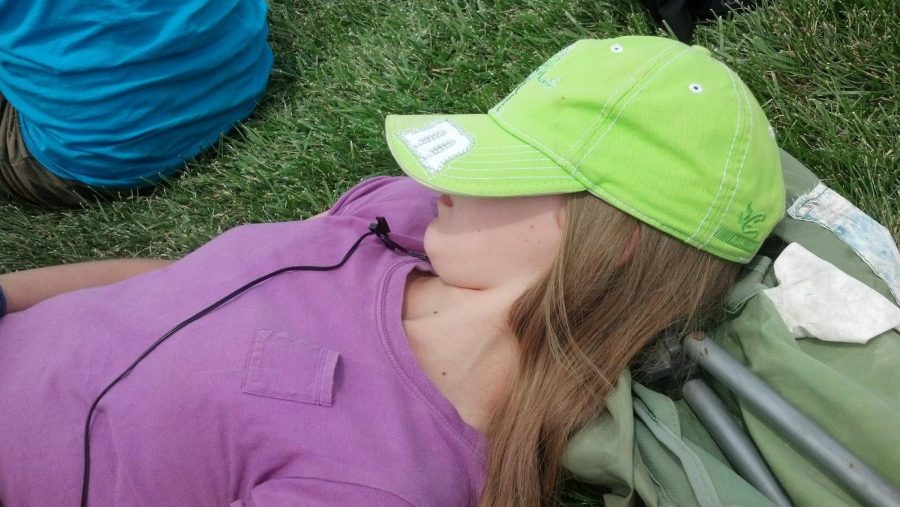High schools must start later to curb chronic sleep deprivation among students
The demands on today’s students are greater than they have ever been. Students are expected to achieve at a high academic level, be involved in multiple extracurricular activities and a sport, maintain a healthy social life, eat a healthy diet and get enough sleep. All in the 24 hours they have each day.
Even though the American Academy of Pediatrics recommends that students in middle and high school start school no earlier than 8:30 am, according to data from the Centers for Disease Control and Prevention, 42 of 50 states reported that 75%-100% of their schools started earlier than this time.
Unless states are willing to mandate school start times be changed so they are later in the morning, teenagers are going to grow up chronically sleep deprived. According to the American Sleep Association, prolonged sleep deprivation can cause depression, car accidents as a result of sleepiness, weight fluctuations, and abnormal cortisol and hormone levels that can negatively impact growth, which is especially harmful during adolescence, a critical period of development.
During ages 12-19, sleep patterns shift, so that teens are biologically programmed to fall asleep later and wake up later. According the National Sleep Foundation, teens need 8-10 hours of sleep per night, but because they are forced to wake up earlier than is natural for school, only 15% of kids actually get this amount of sleep.
Some would contest that teens would be able to get the appropriate amount of sleep if they simply went to bed earlier, but since their biological clocks shift, this is much more challenging. This results in many teens adopting inconsistent sleep patterns where they sleep in on the weekends and get up abnormally early during the week, another factor contributing to their sleepiness.
Kids of elementary school age are naturally programmed to wake up between 6:00 and 7:00 am, so it begs the question: why do these younger children start school so much later when they are already awake? While there isn’t one single answer to explain the phenomenon, one thing that is clear is that switching the start times of elementary school students with those of current middle and high school students would have numerous benefits.
The American Pediatric Association says that if adolescents start school later, the benefits will include increased attendance, a decrease in student car accidents, a raise in GPA, an increase in overall student attention, and much more.
Critics of this proposed change argue that by starting school later, after-school activities will be pushed until later in the evening, and bus schedules would conflict with those of elementary kids. While this is true, many students would actually prefer this as they would prefer to go to bed later and wake up later. Additionally, pushing back school start times by a half hour or even an hour would not dramatically change the timing of these extracurriculars.
In Williamstown, MI, the schools moved their start time from 7:30 to 8:15. Superintendent Thomas Langdon says that “[they] have seen a drastic drop in tardies for first hour and grades improved greatly as well.” Furthermore, he believes “that starting later has really been a key piece in the dramatic progress [they’ve] seen.”
As for bus schedules, if school start times switched between older and younger kids, the bus schedules would stay the same, only the younger kids would ride first and the older kids second.
Therefore, it is apparent that the vast benefits of pushing back high school start times outweigh the inconvenience of the temporary adjustment it would take to change them. Schools and educators have an ethical obligation to protect the wellbeing of their students and help them to form healthy sleep habits. It is imperative that students and parents advocate for their health and pressure school boards and state legislators to mandate middle and high school start times be no later than 8:30 am.





